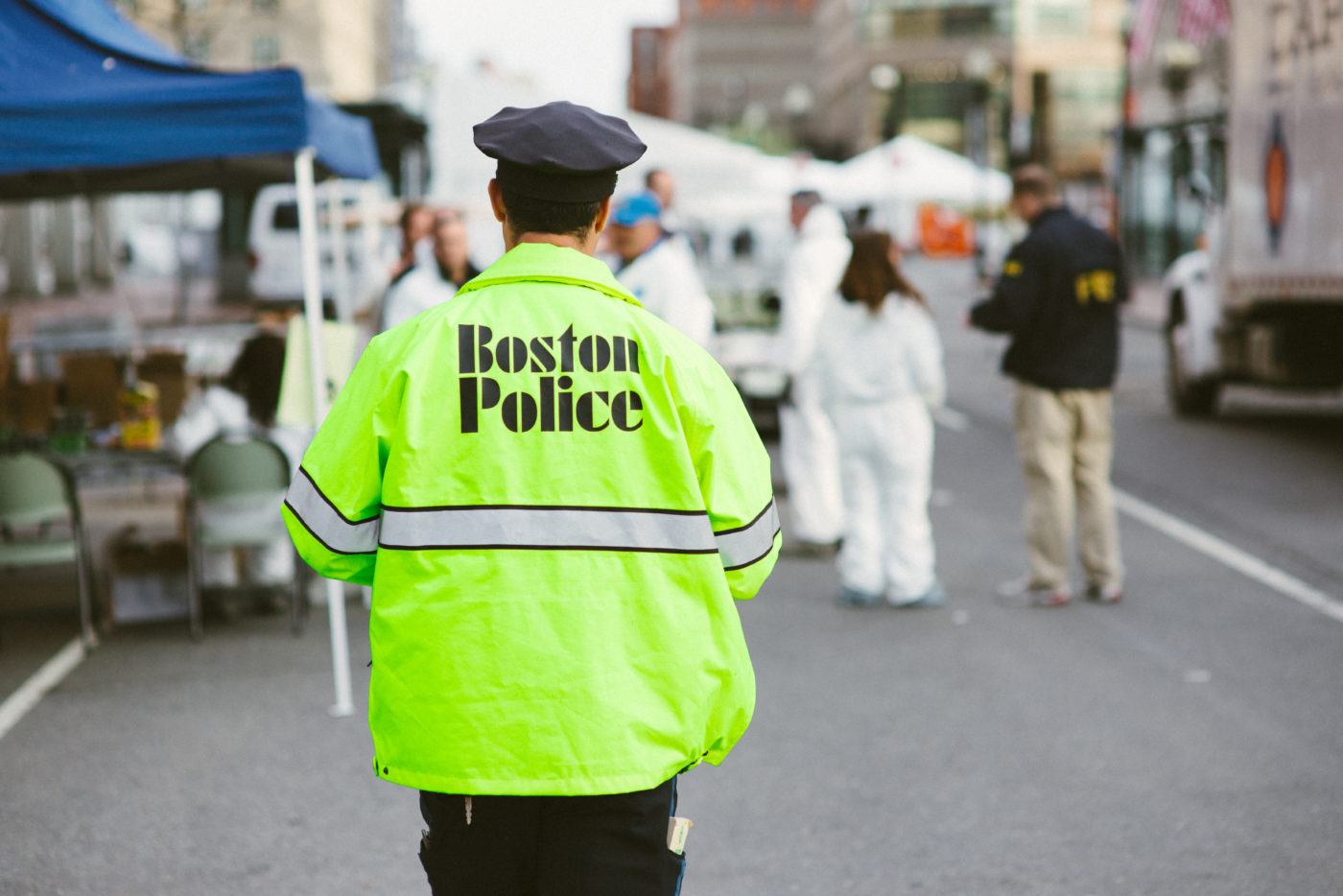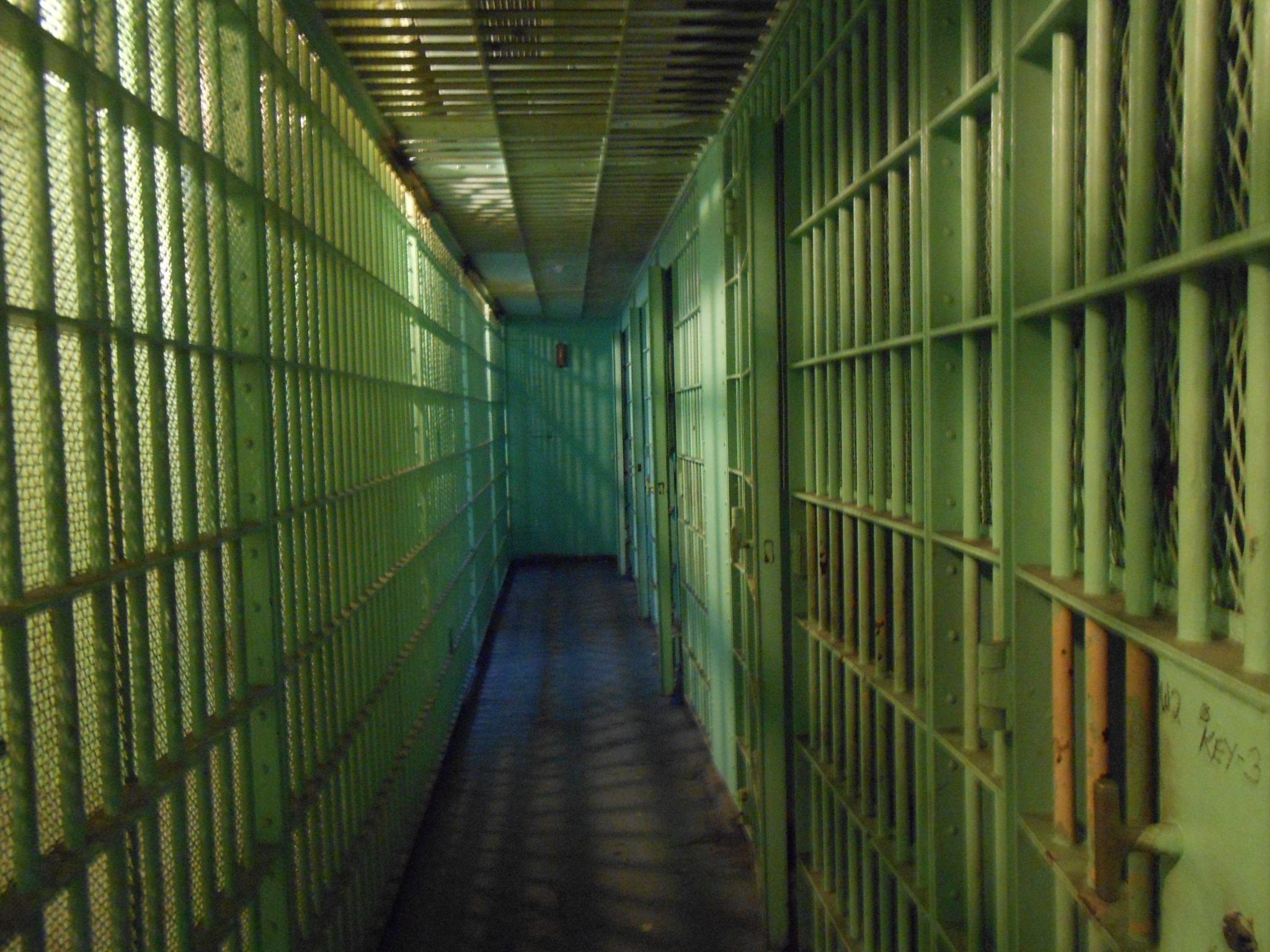A recent story by PBS Frontline addressed some of the issues surrounding peace officer standards and training.
Laws that determine who has the right to make arrests and use deadly force are a patchwork of regulations nationwide. That means that troubled officers can continue to work in law enforcement, moving from city to town or even to neighboring states, with few formal ways to track or check their behavior. ...
Massachusetts is one of six states — along with New York, New Jersey, Rhode Island, California and Hawaii — that lacks the authority to revoke police officers’ licenses to serve, a process known as decertification. A pair of state representatives, Democrat Russell Holmes and Republican David Vieira, have introduced a measure to establish a committee tasked with drafting a bill that would set statewide standards to determine when an officer can carry a badge — and specify how they might lose it. It would also set continuing training standards for officers, and allocate more funding for the coursework.
Frontline spoke to our Racial Justice Project director, Rahsaan Hall:
"Advocates argue that decertification is essential to building community trust in law enforcement. Black and Latino communities experience a disproportionate amount of police contact but are also less likely to report officer misconduct, either for fear of retaliation or that they won’t be believed, said Rahsaan Hall, head of the racial justice project at the American Civil Liberties Union in Massachusetts. That makes it easier for problem officers to go unnoticed by their departments."
Read the full article, How States Are Moving to Police Bad Cops, and visit our page on police licensure to learn more.
Date
Tuesday, April 12, 2016 - 2:00pmFeatured image

Show featured image
Hide banner image
Related issues
Show related content
Tweet Text
Type
Menu parent dynamic listing
Show PDF in viewer on page
Style
The Worcester Telegram & Gazette interviewed our political director, Whitney Taylor, about the state's new opioid law, which requires that students receive verbal drug testing in schools.
Whitney Taylor, political director of the American Civil Liberties Union of Massachusetts, said the concept of verbal screenings “is one of those situations where, on the surface, this is a good idea when we talk about intervention and making sure that young people aren’t having problems with drugs.” ...
“Are schools going to be making this available in multiple languages, not just on the Internet? We have to deal with families that don’t have access to Internet in their homes, as well as families who may have parents who speak another language, and making sure if there truly is an opt out, it’s shared with everybody in that school community so that they can understand it.” ...
Also, Ms. Taylor wondered what would happen if a student being spoken to mentioned that his parents use drugs.
"Is this now something where law enforcement is brought in - a situation where somebody in the system feel that it’s their responsibility to bring in law enforcement?” Who knows if this student knows what’s going on, and by the way, it’s a huge violation of families’ privacy and what goes on there, besides the fact of, you’re asking a youthful third party questions that they might not be able to comment on.”
Full story: 'Verbal screenings' in schools to fight opioid use sound privacy alarm
Date
Monday, April 11, 2016 - 5:00pmFeatured image
